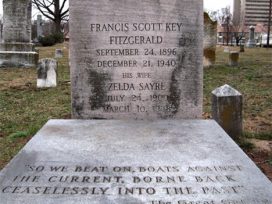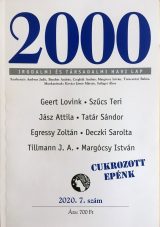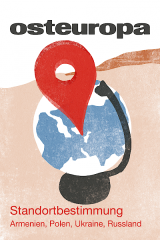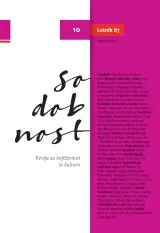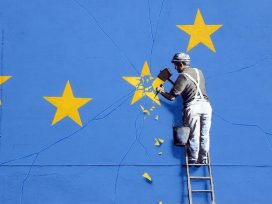
Sovereignty bites back
Brexit and the future of an ever closer union
Brexit, migration, the eurozone debt crisis: despite the victories of Macron and Merkel this year, the EU’s problems have not gone away. Indeed, the future shape and direction of both the EU and the UK remain far from clear. At the heart of the challenges they face lies the contestation of sovereignty, argues Stefan Auer.

